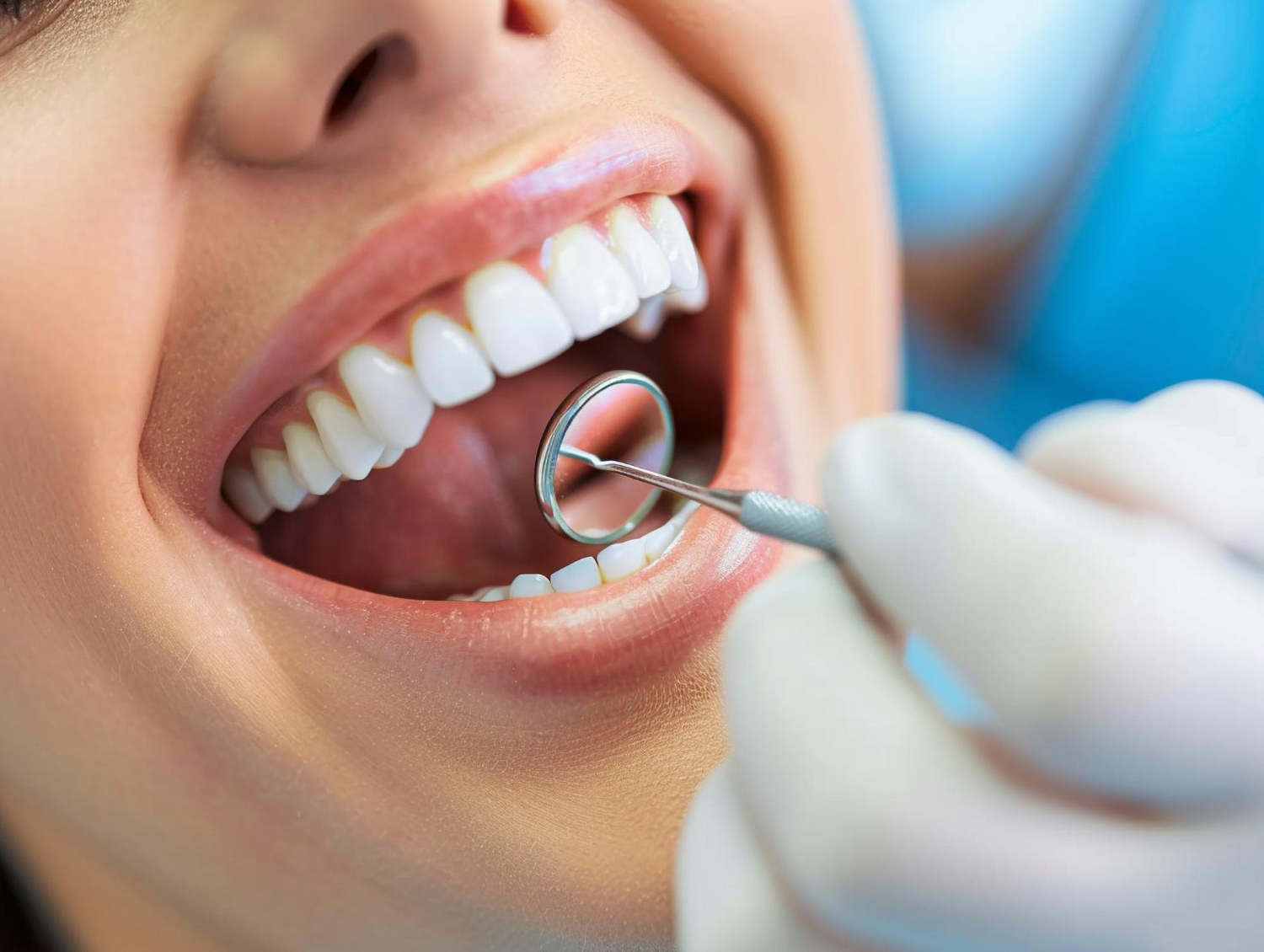Tooth decay doesn’t happen overnight—it creeps in quietly, layer by layer, until a once-tiny cavity turns into something much worse. Many people don’t realize that a root canal often starts as a simple spot of decay left untreated. Understanding this process not only helps prevent pain but can also save a tooth before the damage goes too far.
Early Decay Eats Through Enamel Before Pain Even Begins
The enamel on your teeth acts like armor—it’s the hardest substance in your body. But even armor wears down when it faces a constant attack from acids and sugars. Early decay begins as small white spots or dull discoloration, a signal that minerals are leaching out of the enamel. Most people don’t feel any pain at this stage, which makes it easy to ignore. Over time, bacteria find these weakened spots and dig deeper, forming the first layer of a cavity.
Once decay penetrates the enamel, the surface starts to soften. Food particles may cling more easily, and brushing doesn’t feel as smooth. At this stage, professional cleaning and fluoride treatments can often reverse the damage. A Coquitlam dentist can also seal early cavities before they spread further. The sooner decay is addressed, the greater the chance of saving the tooth’s natural structure without major dental help.

Bacteria Slip Past Weakened Enamel and Infect the Dentin
After enamel gives way, bacteria move into the dentin—the softer layer beneath. Dentin contains tiny tubules that connect directly to the inner pulp of the tooth. That’s when sensitivity begins. Cold drinks or sweets may trigger sharp pain that fades quickly. Many people mistake this discomfort for something temporary, but it’s actually a warning sign that bacteria are advancing.
As bacteria multiply, they create acids that erode dentin even faster than enamel. This stage is where small cavities start to expand rapidly. The damage can no longer be brushed away or filled with over-the-counter remedies. A dental professional needs to clean out the decay and seal the cavity to stop it from reaching deeper tissues. Delaying treatment at this point gives bacteria free access to the nerve-rich center of the tooth.
Untreated Cavities Deepen Until They Reach the Tooth Pulp
Once the cavity reaches the pulp, the game changes. The pulp is a living tissue filled with nerves, blood vessels, and connective fibers. It’s what keeps the tooth alive. When decay hits this layer, pain shifts from occasional twinges to deep, throbbing aches. Chewing becomes uncomfortable, and even gentle pressure can cause sharp pain.
At this stage, the infection can’t be reversed. The bacteria inside the pulp start multiplying, and inflammation sets in. A simple filling won’t work anymore because the decay has gone past the point of restoration. This is when root canal treatment becomes the only option to remove the infected pulp and preserve the outer tooth.

Inflammation Builds Pressure Inside the Tooth Chamber
Inside every tooth is a tight space surrounded by hard enamel and dentin. When the pulp becomes inflamed, it has nowhere to expand. This pressure causes intense, radiating pain that often keeps people awake at night. Some describe it as a heartbeat in their jaw. Swelling inside the tooth can also lead to tenderness in nearby gums and a sensation that the tooth feels “taller” when biting down.
Inflammation is your body’s natural response, but within the confined tooth chamber, it becomes destructive. The nerves begin to die from lack of blood flow. As they die, pain may suddenly lessen—but that doesn’t mean the infection is gone. It’s silently spreading into deeper layers, and without professional care, it will soon reach the bone.
Pulp Infection Spreads into Surrounding Bone and Tissue
Once bacteria escape the pulp, they move through tiny canals at the tip of the tooth’s root and into the surrounding bone. This is where things get serious. The infection starts attacking the bone that anchors your tooth in place, and gums may swell or feel warm to the touch. Some people notice a persistent bad taste or smell in their mouth as pus begins to form.
This spread can also cause systemic symptoms—fatigue, fever, or swollen lymph nodes. At this point, dental help becomes urgent. The body cannot fight this infection on its own, and antibiotics alone will not eliminate it. Root canal therapy or, in severe cases, extraction, becomes necessary to prevent further complications.
Abscess Formation Signals a Cavity Gone Too Far
A dental abscess is like a pressure cooker under your gumline—a pocket of pus that forms when infection becomes trapped. It’s painful, swollen, and sometimes visible as a bump near the affected tooth. This is the body’s attempt to contain bacteria, but it also signals that decay has reached the most advanced stage. The longer the abscess stays untreated, the greater the risk that infection spreads to other areas of the jaw or even bloodstream.
An abscessed tooth requires immediate care. A Coquitlam dentist can drain the abscess and start root canal therapy to remove the infected tissue. In severe situations, the tooth may need to be extracted to protect surrounding teeth and bone. Ignoring the problem at this point can lead to long-term oral health damage and costly treatments later on.

Root Canal Treatment Restores Structure After Pulp Loss
Despite its reputation, a root canal is not a punishment—it’s a rescue mission. During the procedure, the infected pulp is removed, and the canal is cleaned, disinfected, and filled with a safe sealing material. This process eliminates bacteria and prevents reinfection. Afterward, a crown is placed over the tooth to restore strength and function.
Modern techniques have made root canals efficient and nearly painless. They not only save the natural tooth but also maintain alignment and bite balance. Without treatment, the infection could lead to tooth loss and jaw deterioration. By acting early, patients can preserve their smile and avoid the spiral of recurring dental problems.
Keep Your Smile Strong and Pain-Free with Smiling Creek Dental—Your Partner in Lasting Dental Health
No one should wait until tooth pain becomes unbearable before seeking care. Small cavities caught early can save you from the stress, cost, and discomfort of a root canal. Regular checkups, professional cleanings, and timely fillings can keep enamel strong and decay under control. Your teeth deserve attention before they demand it.
Smiling Creek Dental helps patients protect their smiles through compassionate, precise care. Whether you need a simple exam or full root canal therapy, their team focuses on comfort and long-term results. Don’t let a small cavity turn into a major problem—contact us today to schedule an appointment and give your teeth the care they deserve.





